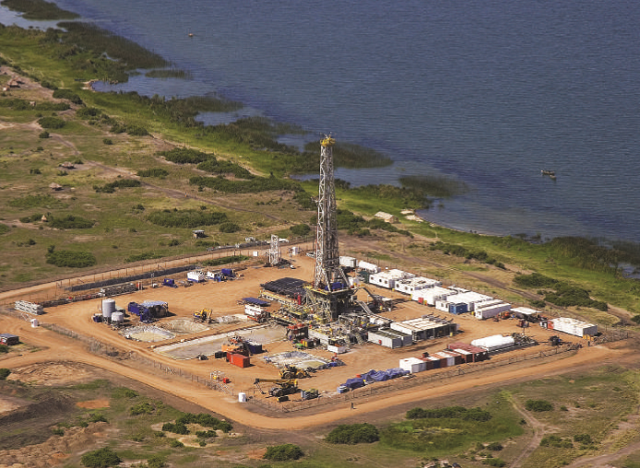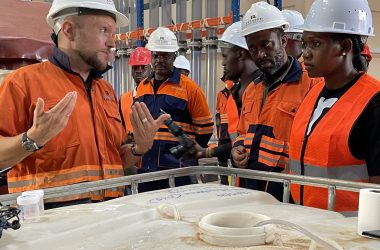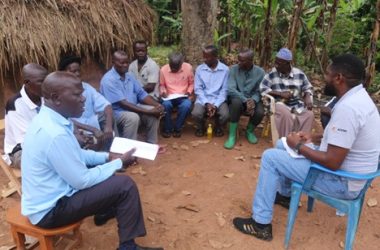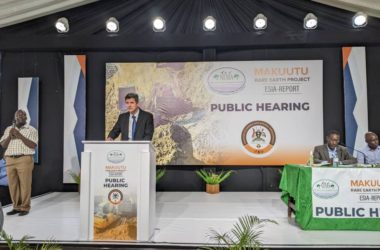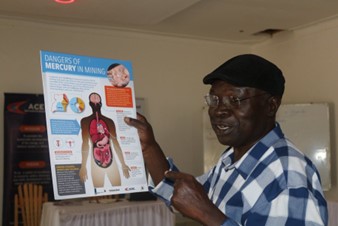Total Exploration and Production Uganda (TEPU) has committed to defending human rights of Project Affected Persons (PAPs).
TEPU is licensed to develop six oil fields of the Tilenga project, straddling the districts of Nwoya and Buliisa on the northern end of the Albert Nile
The commitment comes in light of accusations by human rights defenders comprising civil society organisations working in the region of threats and intimidation against them in the execution of their work in defense of PAPs.
TEPU however has cleared the air, saying in a statement that they have not found any evidence suggesting that the allegations are substantiated following a systematic investigation to that effect.
“Generally, during the mission no statements or evidence of serious threats were gathered, but accounts of behaviour, words, messages and brutal attitudes including by personnel and contractors in the field, which could amount to threats or intimidation or be interpreted as such, were heard,” reads the statement, explaining that the company benefited from the independent expertise of a consultant, Michael Forst, to help address the issues with the support of a protection officer availed by an active NGO in the work of human rights defenders.
However, the pertinent issues that arose from the community, according to the statement, were unproductive, pointless consultative meeting between TEPU staff and the community; inadequate land compensation mechanisms that were central to the threats and intimidation; and an insufficient grievance handling mechanism.
According to a journalist and NGOs that Forst met, during the execution of their work anyone who wished to investigate human rights issues in the oil and gas sector faced an uphill task of first seeking security clearance that could drag for up to six months. This, they cited, was a demonstration of shrinking civil space constraining access to information and that TEPU staff were “insufficiently accessible to discuss such issues ad in particular respond to issues raised by PAPs.
Several persons in the Albertine also noted that there was a multi layered security presence that would not grant access to civil society actors carrying out human rights-related investigations and even government officials to certain sites.
In response, TEPU clarifies in their statement that “such prohibition is common for industrial sites due to the need to ensure the safety of people and integrity of equipment,” and also indicated that “Petroleum Agreements expressly provide a right of access to facilities for government and their representatives.”
TEPU has clarified that owing to persistent testimonies by community leaders and PAPs that their grievances are continually ignored by the company, “it is necessary to put in place additional investigation mechanisms and enhance dialogue to reassure organisations and individuals that they can make complaints or raise questions securely and in confidence, and that they will be properly and promptly handled.”
TEPU further commits in their statement to foster dialogue, publicly avail information on compensation rates to PAPs, engage other stakeholders such as civil society more and publicly commit to respecting rights of human rights defenders and not to tolerate any violations of those rights in connection with TEPU activities.

